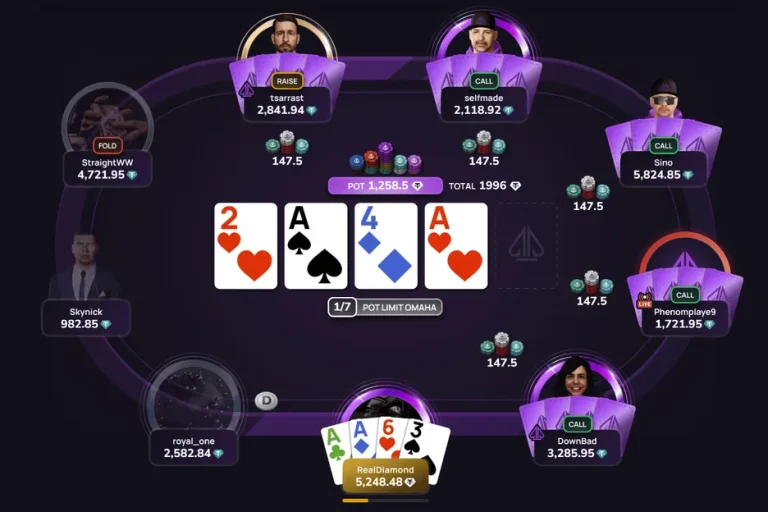8 Game Rotation is the ultimate test of a poker player’s versatility. It combines eight different poker variants in a fixed rotation, requiring players to adjust their strategy, mindset, and skill set every few hands. Whether you’re a seasoned player looking to round out your skillset or a beginner entering the mixed game arena, structured training and smart study are essential for success.
Here are proven training tips to help you improve and stay competitive across all eight formats.
Understand the Game Mix
The 8 Game mix includes the following formats, in order:
-
Limit 2-7 Triple Draw
-
Limit Hold’em
-
Limit Omaha Hi-Lo
-
Razz
-
Stud
-
Stud Hi-Lo
-
No-Limit Hold’em
-
Pot-Limit Omaha
Each variant has its own rules, strategies, and betting structures. Begin by ensuring you understand the objective, hand rankings, and betting formats for each game. Without this foundation, advanced strategies won’t help much.
Study One Game at a Time
Trying to master all eight games at once can feel overwhelming. Instead, focus on one variant at a time. Spend a week or more diving deep into each:
-
Read strategy articles specific to the variant
-
Watch training videos or Twitch streams of high-stakes mixed game players
-
Take notes on common mistakes and optimal plays
Once you’ve built a solid understanding of each game, begin practicing the full rotation.
Use Training Software and Tools
Specialized poker training platforms and software can simulate mixed-game environments or let you drill individual formats. Use these tools to:
-
Practice hand reading and equity calculations
-
Analyze difficult hands in Stud or Omaha
-
Review decision trees in Limit games
Programs like PokerStove, Equilab, or mobile apps for Razz and Stud can help sharpen your math and intuition.
Focus on Transition Skills
One of the most difficult aspects of 8 Game Rotation is quickly switching between games. The betting limits, hand values, and objectives change dramatically from game to game.
Transition training tips:
-
Use mental cues to reset your mindset when the game changes
-
Create flashcards with rules and reminders for each format
-
Practice mock transitions with a timer to simulate real-game speed
Being mentally flexible is just as important as knowing strategy.
Review Hand Histories Regularly
After every session, review your key hands. Focus especially on:
-
Marginal spots in Stud variants (where visible cards matter)
-
Missed opportunities in Split-Pot games like Omaha Hi-Lo
-
Questionable bluffs or calls in No-Limit Hold’em or 2-7 Triple Draw
Self-review reveals patterns in your play that you can correct over time.
Join Mixed Game Communities
Surround yourself with players who are also passionate about mixed games. Join forums, Discord groups, or online clubs where hand discussions and strategy debates are welcome.
Active discussion will:
-
Expose you to new strategies
-
Challenge your assumptions
-
Keep you accountable in your learning process
Track Your Progress
Use a spreadsheet or training journal to track your win/loss records, difficult hands, hours spent training each game, and goals for improvement. Having measurable benchmarks will help you stay focused and motivated.
FAQ
1. How long should I spend learning each game in the 8 Game Rotation?
It depends on your background, but spending 1–2 weeks focused on each variant allows for deeper learning. Prioritize unfamiliar games, and gradually build toward rotating all eight.
2. Do I need to be equally good at all eight games to succeed?
Not necessarily. You can gain an edge by being solid in all and excellent in a few. However, major leaks in any game can cost you in the long run, so aim for well-rounded competence.
3. What’s the best way to avoid confusion when switching between games?
Use consistent reminders—mental or physical—to reinforce each game’s format and rules. Taking quick notes or using color-coded sheets can help reduce errors during transitions.


